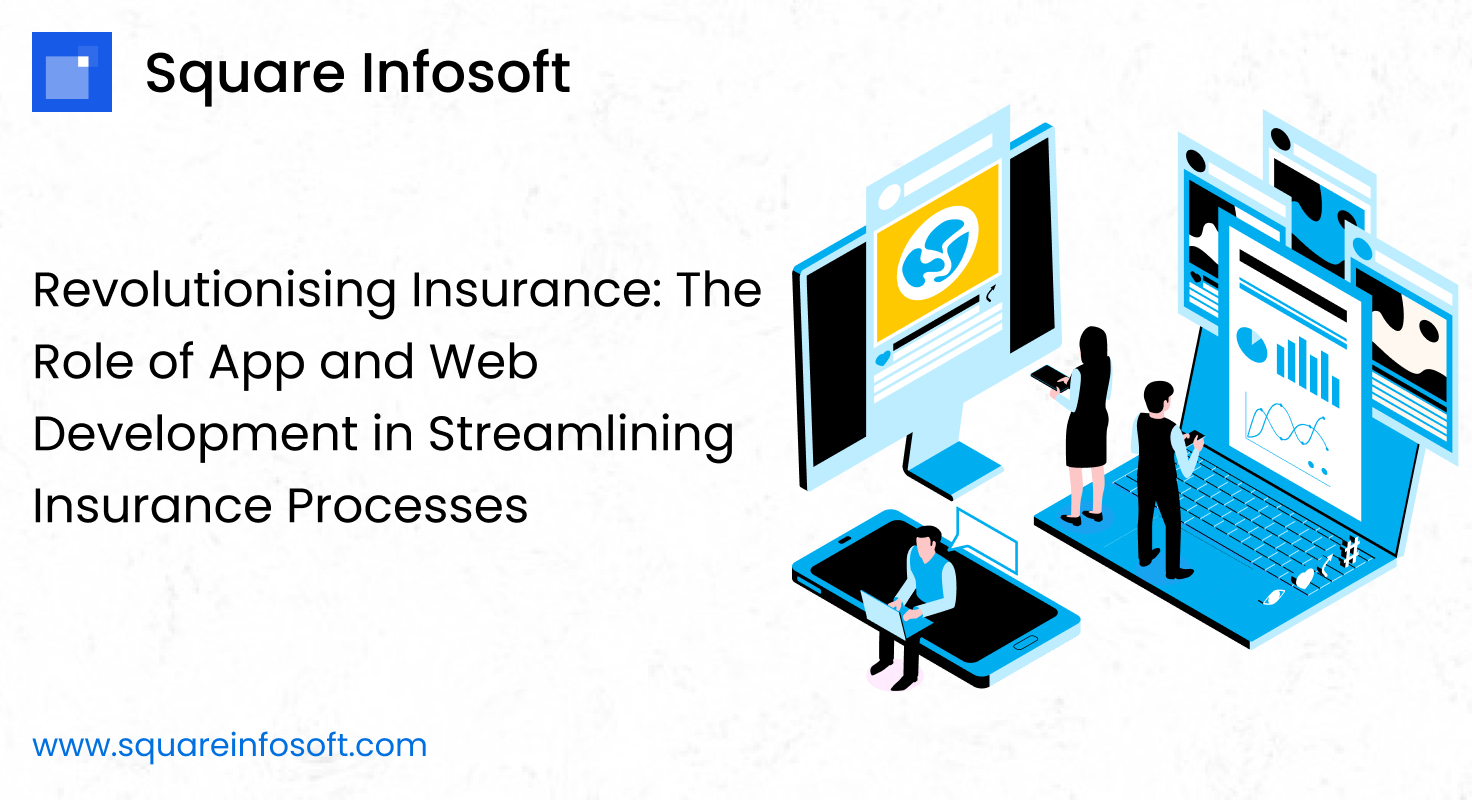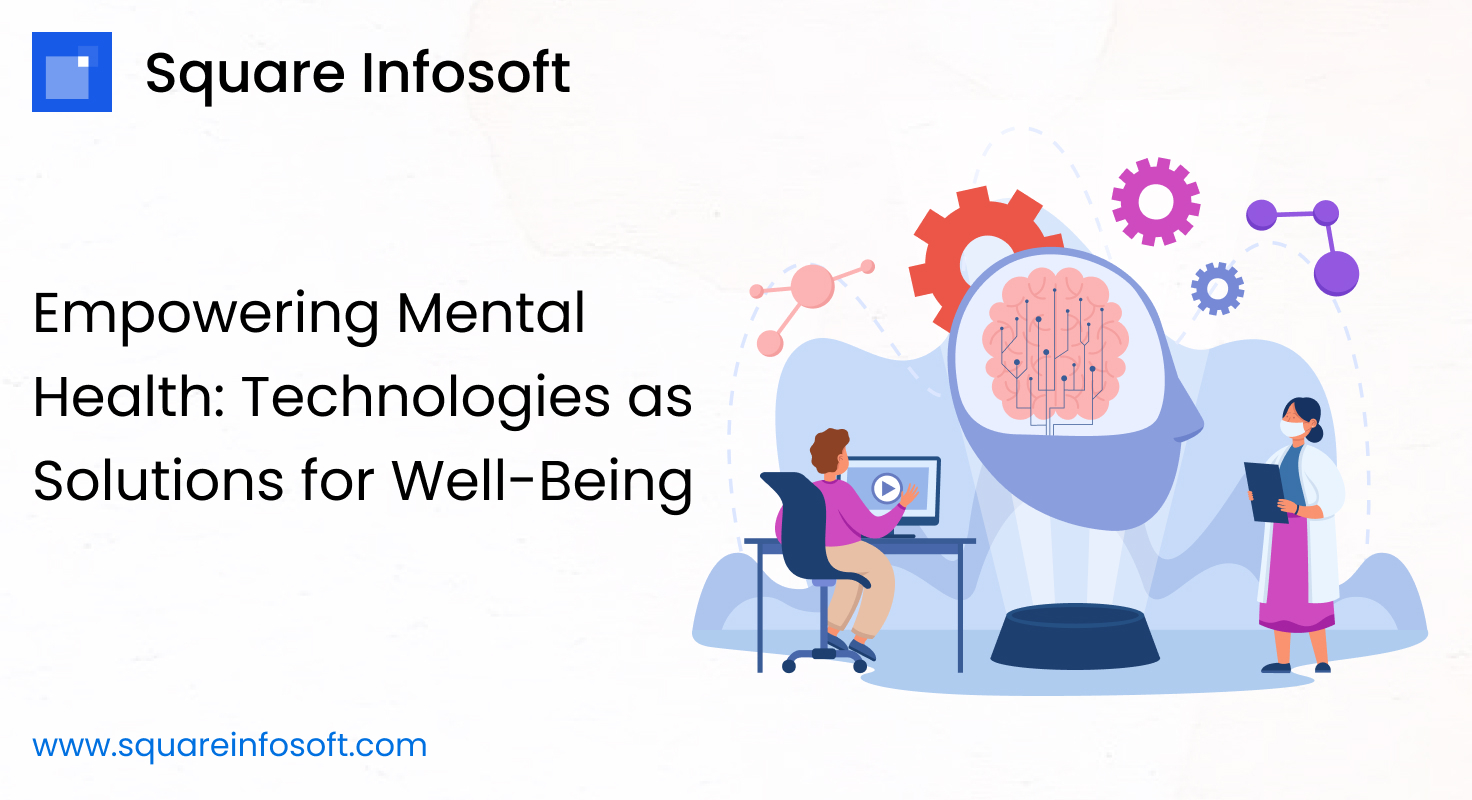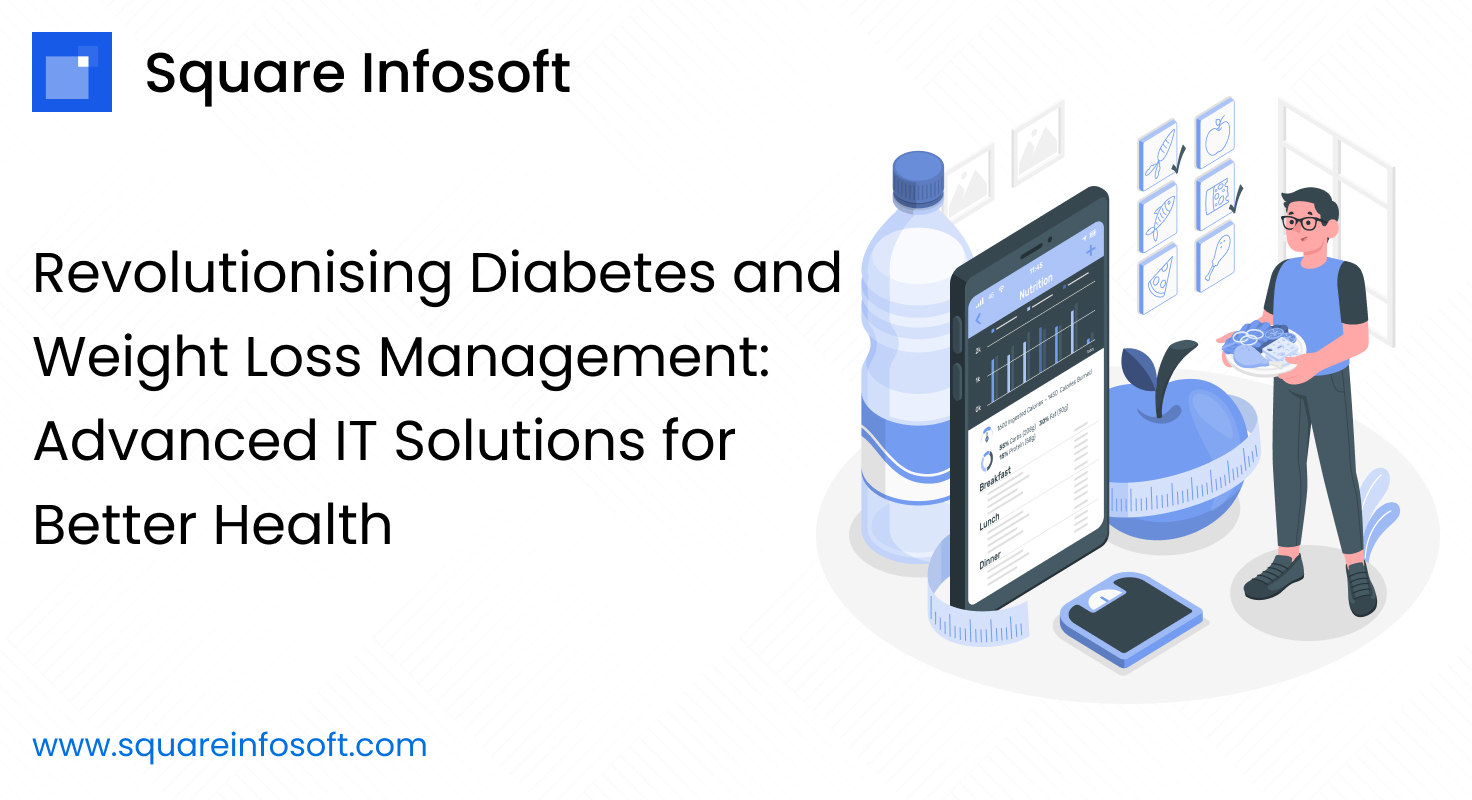Becoming a better Android developer involves a combination of learning, practice, and staying up-to-date with the latest trends and technologies. Here’s a roadmap to guide you through your journey:
- Prerequisites:
- Programming Fundamentals: Ensure a strong foundation in Java or Kotlin, the primary programming languages for Android development.
- Object-Oriented Programming (OOP): Understand OOP concepts like classes, objects, inheritance, and polymorphism.
- Basic Android Concepts:
- Android Studio: Familiarize yourself with the Android Studio IDE and its features.
- Activities and Fragments: Learn about UI components, navigation, and lifecycle management.
- Layouts: Understand XML-based layout design using tools like Constraint Layout, Linear Layout, and Relative Layout.
- Resources: Learn to manage strings, images, styles, and dimensions in your app.
- UI/UX Design:
- Material Design Guidelines: Get acquainted with Google’s design principles for creating visually appealing and user-friendly apps.
- Responsive UI: Learn how to create responsive and adaptive layouts for various screen sizes and orientations.
- Data Storage and Management:
- SQLite: Understand database concepts and learn to implement SQLite for local data storage.
- Room Database: Explore Room, a higher-level database abstraction, to simplify database operations.
- Networking: Learn to make HTTP requests using libraries like Retrofit or Volley.
- Architecture Patterns:
- MVC, MVVM, or MVI: Gain knowledge of popular architectural patterns for building maintainable and scalable apps.
- LiveData and ViewModel: Implement LiveData for data observation and ViewModel for managing UI-related data.
- Advanced Topics:
- Dependency Injection: Learn frameworks like Dagger or Hilt for managing dependencies in your app.
- RxJava or Kotlin Flow: Understand reactive programming concepts for handling asynchronous operations.
- Background Processing: Implement mechanisms like AsyncTask, Threads, or Executors for background tasks.
- Notifications: Explore creating and managing notifications for your app.
- Testing and Debugging:
- Unit Testing: Learn to write unit tests using JUnit or Kotlin’s built-in testing framework.
- Instrumentation Testing: Implement UI tests using Espresso to ensure proper app behavior.
- Debugging Tools: Master Android Studio’s debugging tools to identify and fix issues effectively.
- Performance Optimization:
- Memory and CPU Profiling: Use tools like Android Profiler to optimize your app’s performance.
- Optimizing Layouts: Improve UI responsiveness by optimizing layouts and reducing view hierarchy complexity.
- Publishing and Distribution:
- Google Play Store: Understand the app publishing process, including generating signed APKs and managing app updates.
- Continuous Learning:
- Read Documentation: Regularly refer to the official Android documentation to stay updated.
- Follow Blogs and YouTube Channels: Stay informed about the latest trends, updates, and best practices.
- Personal Projects: Work on personal projects to apply and reinforce your skills.
- Collaboration and Version Control:
- Git: Learn version control using Git and platforms like GitHub or GitLab for collaborative development.
- Contribute to Open Source:
- Contribute to open source Android projects to gain real-world experience and collaborate with the community.
- Contribute to open source Android projects to gain real-world experience and collaborate with the community.
Remember, becoming a proficient Android developer takes time and dedication. Focus on building a strong foundation, continuously practicing, and adapting to changes in the Android ecosystem.




